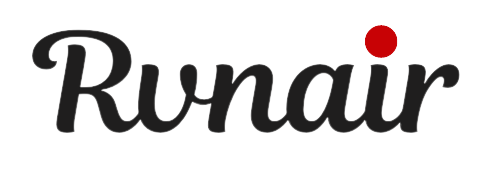Your Guide to Company Financial Health
Understanding a company’s financial statements is like learning to read its report card. This guide breaks down the three key reports—the Balance Sheet, Income Statement, and Cash Flow Statement—into simple, interactive lessons.
Balance Sheet
A snapshot in time of what a company owns and owes. Think of it as your personal net worth statement.
Income Statement
A summary of income and expenses over a period. It’s like your monthly household budget.
Cash Flow Statement
Tracks the movement of cash in and out of the company. This is similar to your checking account statement.
The Balance Sheet
A snapshot of what a company owns (Assets) and owes (Liabilities) at a single point in time. The remainder is the owners’ stake (Equity). Click on the components of the equation below to explore them in detail.
Assets = Liabilities + Shareholder Equity
Assets
What it Owns
Liabilities
What it Owes
Equity
Owners’ Stake
Select a component to see the details here.
The Income Statement
Shows a company’s profitability over a period of time (like a quarter or year). It subtracts costs and expenses from revenue to arrive at the “bottom line” or Net Income. Click on each step of the calculation to learn more.
The Path to Profit
Revenue
Total value of all sales.
Cost of Goods Sold
Direct costs to produce goods/services.
Gross Profit
Profit from selling product/service.
Operating Expenses
Overhead costs like salaries, rent, marketing.
Net Income
The “Bottom Line” Profit.
Select a component to see the details here.
The Cash Flow Statement
Tracks the actual cash moving in and out of a company. It’s crucial for understanding a company’s ability to pay its bills and fund operations. Click on the three core activities to see how cash is generated and used.
Follow the Money
1. Operating Activities
Cash from core business operations.
2. Investing Activities
Cash for buying/selling long-term assets.
3. Financing Activities
Cash from investors and banks.
Select a component to see the details here.
